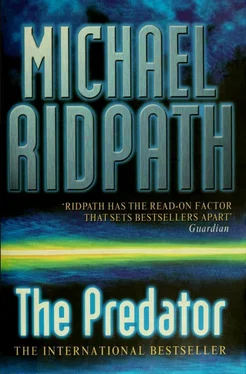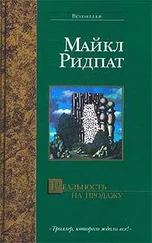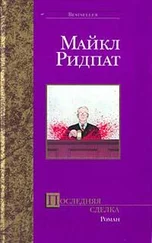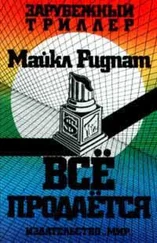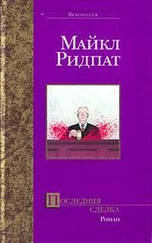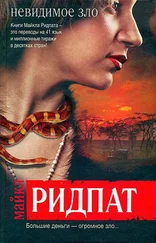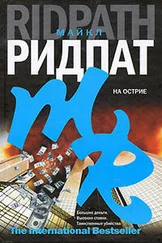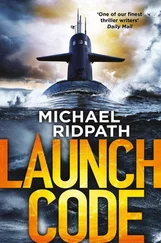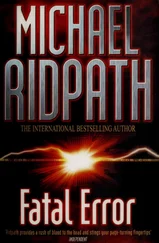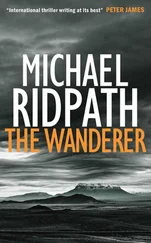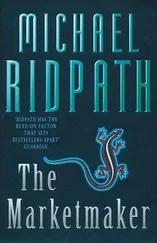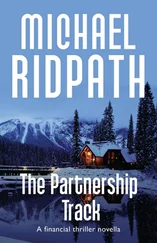As Economic and Monetary Union approached, one trade dominated all others. It was known as ‘the convergence trade’. The theory was simple, too simple. The idea was that when the currencies of France, Italy, Spain, Portugal, Germany and the rest were all rolled into the euro, and when the interest rate for the whole euro currency zone was set by the European Central Bank, then the interest rates on these countries’ government debt would be broadly similar. So if Italian government bonds yielded two per cent more than German bonds, you bought Italy and sold Germany, confident that you would have a nice capital gain on the euro’s birthday, when Italian bond yields would fall to German levels, and Italian bond prices would rise.
It was a no-brainer. Chris did the trade in large size, and so did everyone else on the Street. And off the Street as well. In particular, a large hedge fund in Greenwich, Connecticut put the trade on. And it put it on in the biggest size imaginable. It borrowed many times its capital to buy literally billions of dollars’ worth of European government bonds.
At first, all went well. Partly as a result of the weight of money, nice capital gains soon emerged, for Chris, for the hedge fund, for everybody. But then, while they were all off on their summer holidays, Russia defaulted on its debt, causing a tremor of fear to spread around the world’s financial markets. This had no direct bearing on the chances of monetary union being disrupted, but it caused what the markets call ‘a flight to quality’. Nervous investors switched into what they considered to be the safest investments. They bought German bonds. They didn’t buy Italian, Spanish, Portuguese or even French bonds.
The unrealized capital gains became unrealized capital losses. In theory, this shouldn’t have been a problem: as the jitters subsided the old unstoppable move towards convergence would continue. But Chris was nervous. He wanted to take his loss, and buy in again when things had settled down. Now, Chris had a big position, and the loss would be several million dollars. Effectively he would be giving back all of his profits for the year. So he spoke to Herbie Exler first.
Herbie was furious. He had just told his own boss, Larry Stewart, that Chris’s profits to date were in the bag, and that he could be relied upon for as much again in the remaining months of the year. Herbie’s bonus depended on Chris meeting those figures. And the two-million-pound house that Mrs Exler had set her heart on in Kensington depended on that bonus.
Herbie suggested doubling up. Convergence was inevitable, profits were inevitable, doubling up would double these, and double the bonus. To Herbie, this was a no-brainer.
Chris’s position was already huge. He wanted to sell, not buy. Herbie and Chris had a series of vigorous discussions, where Herbie accused Chris of being a wimp, and Chris sounded like one. Afterwards Chris asked himself over and over again why he had given in. At the time, there were good reasons. Herbie was Chris’s boss. Although Chris was sure there was a chance that the trade could go against them, Herbie was undoubtedly correct that there was a chance the trade would work. But there was another reason that Chris caved in, and one that he couldn’t forgive himself for. Despite his impressive track record as a trader, Chris still saw himself as the Polish upstart from Halifax, the boy who scraped into school and university and investment banking, the boy who was lucky just to be doing what he was doing. Herbie Exler was a streetwise New York bond trader, a Bloomfield Weiss man through and through, a king of the market. At the final moment, Chris’s confidence defeated him. There was never any risk of that happening to Herbie. So they doubled up.
Things swiftly fell apart. While the rest of the Street were unanimous that the trade would come back their way, they had no choice but to cut their losses. Investment banks had spent hundreds of millions on computer systems that could tell their managements instantaneously what unrealized losses their traders were sitting on, and as these losses grew, the word came down to the trading floors to sell.
So they sold. Of course, this drove prices further against Chris. And against the large Greenwich hedge fund. It had bet everything on this trade; it couldn’t afford to quit. But the brokers that had fallen over themselves to lend money to it now fell over themselves to get their money back. So eventually the hedge fund had to sell.
But everyone else was selling. There were no buyers. The most liquid markets in the world, those for government bonds, dried up. There was a global crisis, which was only prevented from spinning completely out of control by the US Federal Reserve who encouraged a bail out of the hedge fund by the big international investment banks.
Those were terrible days for Chris. His losses had become astronomical, and there was absolutely nothing he could do about it. He couldn’t have sold even if Herbie had let him; the market could never have absorbed the size of his positions. He was stuck with them.
Every day was like a nightmare, each worse than the last. Every evening he would check the unrealized loss before he went home. He would try not to think about the position overnight, but with no success. He couldn’t concentrate on a book or a television programme for more than ten minutes without the horror of his losses encroaching. He tried getting drunk a couple of times, but that didn’t work either. It just made the morning worse. He would arrive at his desk to see that while he had been asleep the market had added another few million to the already enormous negative figure on his position report.
It was the loss of control that he found hardest to deal with. The market had gone against him before, but he had always been able to cut and start again. This was different. It was as though he was driving a fast car on a mountain road and had skidded on ice. The car was in a spin, the tyres wouldn’t grip, and the cliff edge was coming nearer and nearer. Except that it was taking him days, not milliseconds, to reach it.
Chris tried to take it professionally. He kept a straight stony face from seven in the morning until eight at night. He struggled to produce a smile for anyone who cracked a joke, or even said hello. But there were few of those. Everyone knew what was happening. They all knew he was being killed. And they avoided him, as though his disastrous luck was contagious.
Herbie felt the pressure even worse than Chris. He spent most of the day locked in his office, literally staring at the screens in the hope that the little figures would move his way. He had some friends at the Greenwich hedge fund whom he called several times a day, and who consistently said that the trade would come back their way imminently. Herbie would tell Chris this at great length, along with Herbie’s assessment of how smart these guys were. If Chris raised doubts about the position, Herbie would growl at him that it was a great trade, and he should believe in it. Any of the other traders who tried to talk to Herbie about anything else got nowhere. He was irascible and dangerous.
Chris couldn’t work out why Bloomfield Weiss’s management hadn’t followed the other firms on the Street and ordered Herbie to cut the position. It was true that Bloomfield Weiss had the reputation for having bigger balls than anyone else. Chris assumed he must be living through the proof. Yet another mistake.
Then a piece appeared in the Wall Street Journal that Bloomfield Weiss was sitting on a loss of five hundred million dollars. As Chris read this early in the morning at his desk, he knew that it was inaccurate. His losses were actually six hundred and twelve million dollars. The phones were soon ringing from brokers, clients, journalists. The answers were all the same. No comment. No comment. No comment.
Читать дальше
